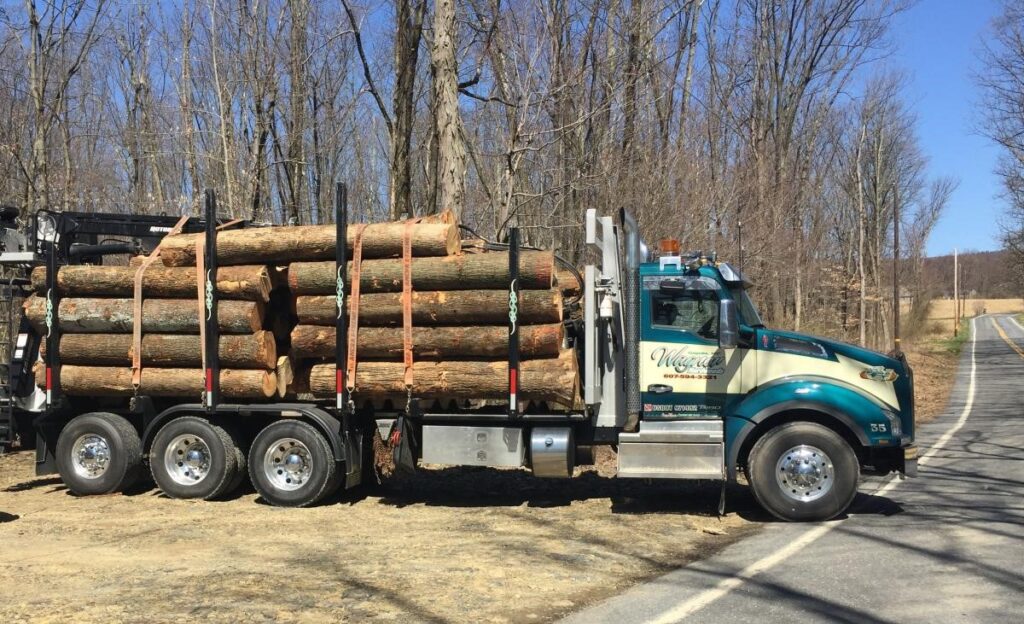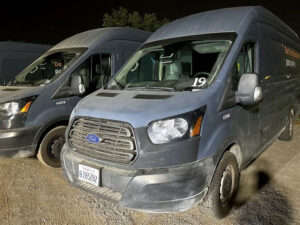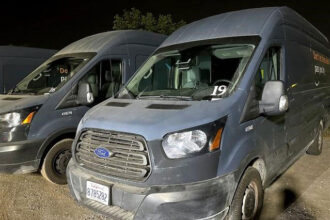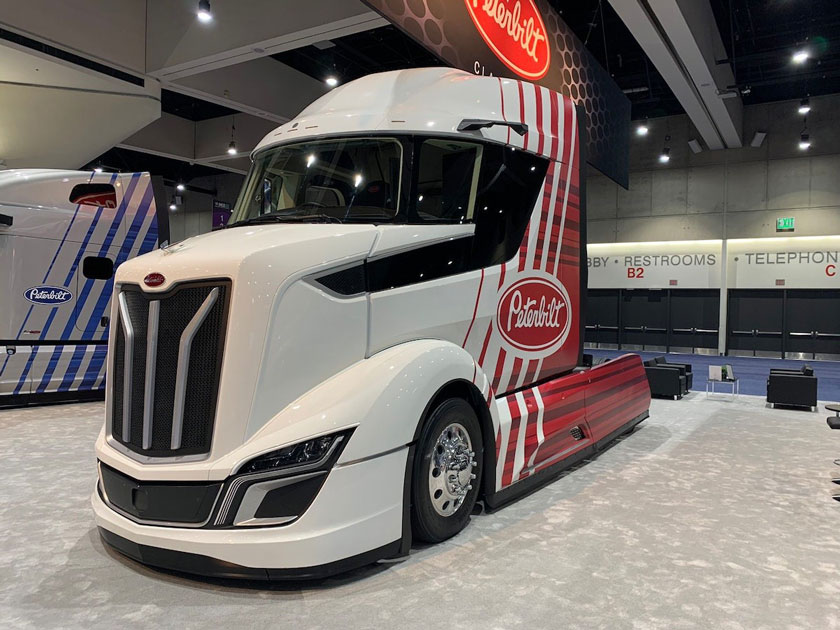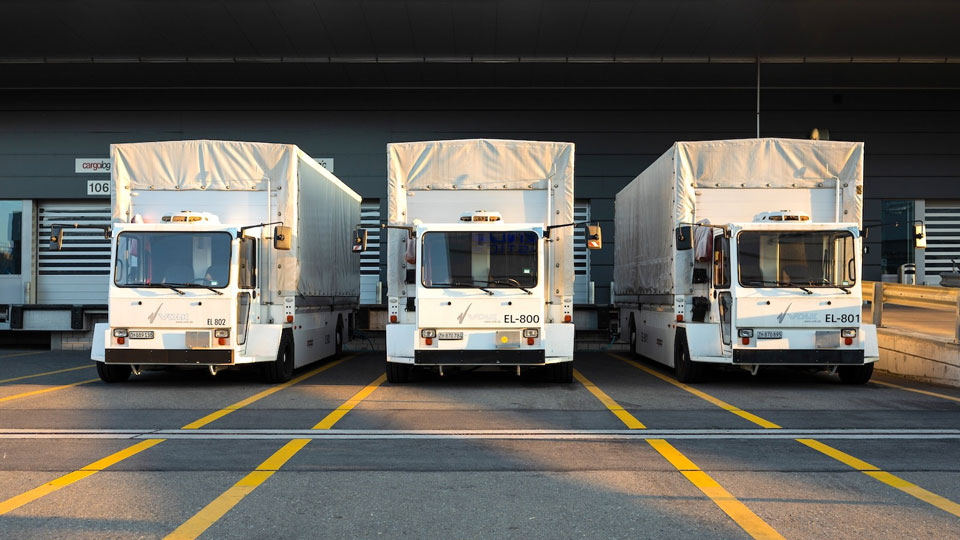Table of Contents
Picture this: you’re at the wheel of a rugged logging truck, navigating through the heart of the forest, ready to haul valuable timber to its destination. You’re ready to make your mark. But before you hit the road, there’s a critical decision to make: Should you set up your logging truck business as an LLC?
In this article, you’re diving headfirst into the world of logging trucks and LLCs. You ‘re going to explore the ins and outs, weigh the pros and cons, and navigate the winding path to making the right choice for your business. So, grab your hard hat, hop in the cab, and roll down this road of decision. It’s time to find out if the LLC route is the one that leads to success for your logging truck business.
1. Understanding the logging truck business
A logging truck business is a vital component of the timber and forestry industry. It specializes in the transportation of logs and timber from forests to processing facilities or other destinations. These businesses are responsible for the crucial task of moving raw logs efficiently and safely, supporting various industries that rely on wood-based products.
Logging truck companies use specialized trucks and trailers designed to handle the unique challenges of transporting heavy and bulky logs. These vehicles are equipped with bunk-style loading configurations to secure the logs during transit.
Safety is a top priority in the logging truck business due to the inherent risks involved in moving large loads over diverse terrains and road conditions. Strict safety protocols are followed to protect both drivers and the valuable cargo.
2. Role of legal structure
The choice of legal structure for your logging truck business is a critical decision that affects everything from taxation to liability. The most common options include sole proprietorship, partnership, corporation, and LLC. Each has its own set of advantages and disadvantages, and your choice should align with your business goals and circumstances.
3. Understanding what an LLC is
An LLC, or Limited Liability Company, is a versatile legal business structure that is worth considering when determining the best fit for your logging truck business. LLCs offer several advantages that can align well with the unique needs of your industry.
An LLC provides a critical layer of personal liability protection for business owners, known as members. This means your personal assets, such as your home and savings, are typically shielded from the business’s debts and legal liabilities. In the logging truck business, where accidents and environmental concerns can lead to substantial liabilities, this protection is invaluable.
when considering the best legal structure for your logging truck business, an LLC offers a compelling combination of personal liability protection, management flexibility, and tax benefits, making it a viable and advantageous choice to explore. However, it’s essential to consult with legal and financial professionals who specialize in business structures to make an informed decision that aligns with your specific goals and circumstances.
4. Advantages of forming an LLC for your logging truck business
Starting a logging truck business involves navigating a myriad of decisions, and one of the most crucial choices is determining the legal structure of your enterprise. Many entrepreneurs in the logging industry opt for a Limited Liability Company (LLC) due to the significant advantages it offers. Here are the key benefits of forming an LLC for your logging truck business:
Limited Liability Protection
Limited liability is the cornerstone advantage of an LLC. It means that the personal assets of the owners, known as members, are generally protected from the business’s debts and legal liabilities. In the logging industry, where accidents and environmental concerns can lead to substantial financial obligations, this protection is invaluable. If your business faces a lawsuit or unforeseen financial difficulties, your personal assets such as your home, car, and savings are shielded from being used to cover business debts.
Flexibility in Management
LLCs provide flexibility in how they are managed. You can choose to manage the business yourself, which is ideal for smaller operations, or you can designate managers to handle day-to-day affairs. This adaptability allows you to structure the management of your logging truck business according to your expertise and preferences. It’s especially useful if you plan to bring in partners or investors, as you can specify their roles and responsibilities in the operating agreement.
Pass-Through Taxation
LLCs enjoy pass-through taxation, a feature that simplifies the tax-filing process and can lead to lower overall tax liability. In a pass-through entity, business profits and losses “pass through” to the members’ personal tax returns. This means that you report your share of the business’s income on your individual tax return, avoiding the double taxation that corporations face. For logging truck businesses, this can result in more favorable tax treatment, especially for smaller companies.
Reduced Formality
Compared to other business structures like corporations, LLCs generally have fewer formal requirements and less paperwork. This simplicity in administrative duties can be a significant relief for business owners. You’ll find that setting up an LLC is relatively straightforward, and ongoing compliance obligations are typically less burdensome. This streamlined approach allows you to focus more on the core operations of your logging truck business.
Credibility and Professionalism
Operating as an LLC can enhance the credibility and professionalism of your logging truck business. In the eyes of clients, suppliers, and potential investors, an LLC structure often conveys a commitment to legal compliance and business integrity. It can give your business an edge in building trust and attracting clients who value reliability and adherence to industry standards.
>>>GET SMARTER: Logging Truck Business Plan: How to Implement a Profitable One
5. Considerations when deciding on an LLC
While the advantages of forming an LLC for your logging truck business are clear, it’s important to weigh these benefits against certain considerations:
State Regulations
The process and requirements for forming an LLC vary by state. It’s essential to research and understand the specific regulations in your state, including registration fees and ongoing compliance obligations. Each state has its own rules governing LLCs, so be prepared to navigate these requirements.
Operating Agreements
When forming an LLC, it’s advisable to create an operating agreement. This document outlines important details such as ownership percentages, management structure, and member responsibilities. While it’s not always legally required, having an operating agreement in place can help prevent disputes among members and clarify expectations.
Tax Implications
While pass-through taxation is a significant advantage of LLCs, it’s important to consult with a tax professional to understand how this structure will impact your specific tax situation. Tax laws and regulations can be complex, and a professional can help you optimize your tax strategy.
Personal Liability Insurance
Even with the limited liability protection of an LLC, it’s advisable to have adequate insurance coverage for your logging truck business. This additional layer of protection can provide peace of mind in case of unforeseen events, such as accidents or environmental incidents.
Compliance and Reporting
LLCs typically have ongoing compliance requirements, such as annual filings and fees. Failing to meet these obligations can result in penalties or the loss of your LLC status. Be prepared to fulfill these requirements to maintain the legal benefits of your LLC.
Future Growth
Consider your long-term business goals when choosing a legal structure. If you anticipate seeking substantial investment or eventually taking your logging truck business public, a different structure, such as a corporation, may be more suitable. Corporations offer advantages like the ability to issue stock and attract external investors.
Legal and Financial Advice
Making an informed decision about your business structure is crucial. It’s advisable to consult with legal and financial professionals who specialize in business structures. They can provide personalized guidance based on your unique circumstances, helping you choose the right path for your logging truck business.
Summary
Setting up a logging truck business as an LLC offers a range of benefits, including limited liability protection, tax flexibility, and reduced administrative formalities. However, it’s essential to consider the specific requirements and regulations in your state, create an operating agreement, and consult with professionals to ensure that the LLC structure aligns with your business goals.
Ultimately, the decision to form an LLC should be based on a thorough assessment of your business needs, risk tolerance, and long-term objectives. An LLC can provide security and flexibility for your logging truck business, allowing you to focus on growth and success in a challenging and competitive industry.


